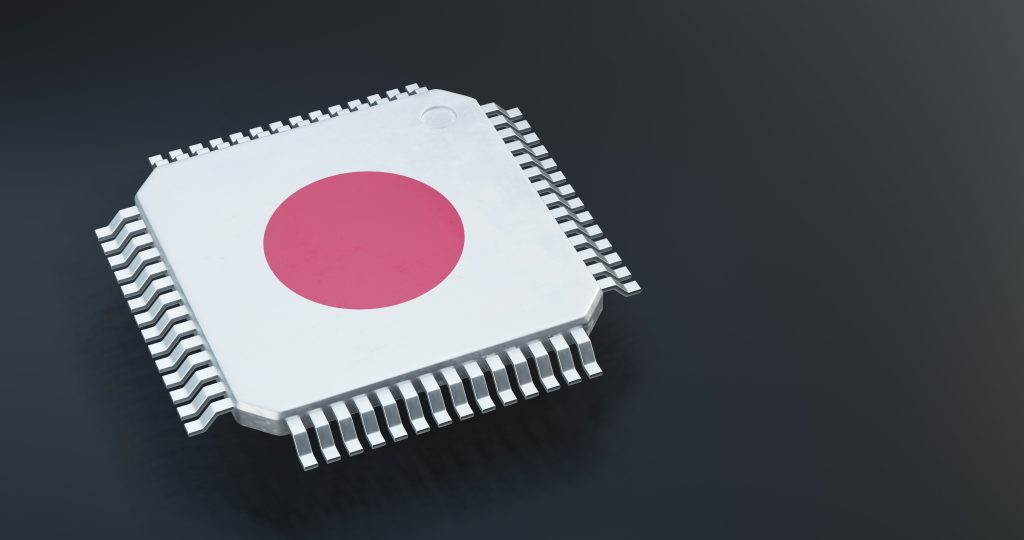
































According to a draft of this year's long-term economic policy plan, Japan is considering new legislation to support the commercial production of advanced semiconductors. The plan, set to be finalised around 21 June, aims to strengthen the chip supply chain by promoting domestic production, enhancing human resources, and boosting research and development in collaboration with international partners.
The draft emphasises the need for legislative measures to facilitate the mass production of next-generation semiconductors. Recently, the industry ministry highlighted the necessity of a new regulatory framework to support the chip foundry venture Rapidus, which aims to begin mass production of cutting-edge chips by 2027. Tokyo has already agreed to provide up to 920 billion yen ($5.94 billion) in subsidies for Rapidus, focusing on research and development.
However, additional support, such as government guarantees, will be required for mass production to attract investment. Rapidus, led by industry veterans, plans to produce these advanced chips on Hokkaido island in collaboration with IBM and research organisation Imec from Belgium, marking a significant step in Japan's efforts to revive its semiconductor industry.
 Tags quentes :
Desenvolvimento
Económico
Semicondutores
Tags quentes :
Desenvolvimento
Económico
Semicondutores